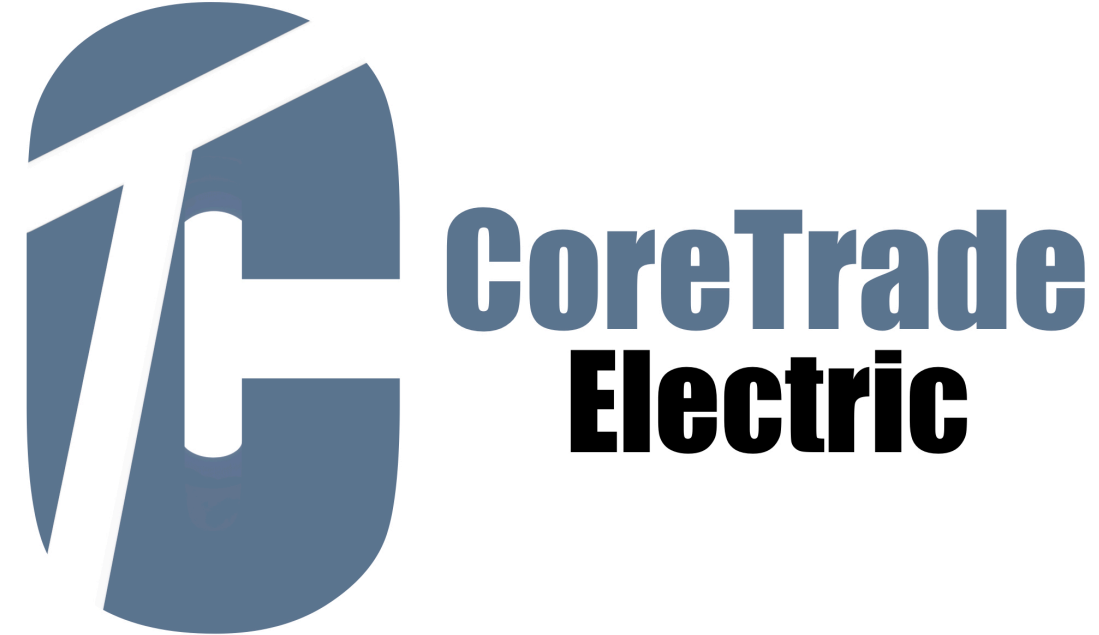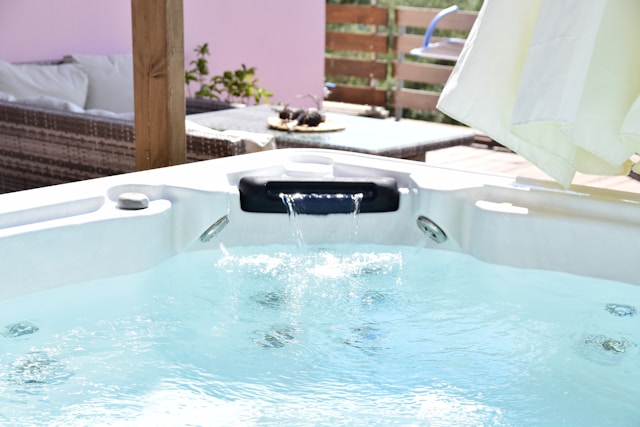If you’re considering buying a hot tub for your home, it’s essential to have it installed properly. Hot tub installation includes ensuring the tub has the necessary electrical setup for proper function.
Whether you need to upgrade your home’s electrical power to accommodate a hot tub depends on several factors, including the hot tub’s specifications, your current electrical system, and local building code.
Here’s your guide to determining whether you’ll need to upgrade your electrical before plugging in that new hot tub!
Understanding Hot Tub Electrical Requirements in Your Home
Hot tubs are generally powered by a dedicated electrical circuit, and their power needs can vary. Most hot tubs require either a 120V or 240V power supply.
- 120V hot tubs are often plug-and-play models that can be connected to a standard household outlet. They typically use a 15- or 20-amp circuit and are ideal for smaller tubs. While they are easier to install, they might have longer heating times and lower performance in terms of jets and other features.
- 240V hot tubs require a dedicated circuit installed specifically for the hot tub, meaning most homes will need an electrical upgrade. They typically operate at higher performance levels, offering more powerful jets, faster heating times, and additional features like lighting or Bluetooth speakers. Most 240V models require a 40- or 50-amp circuit.
Assessing Your Home’s Current Electrical System
Before purchasing a hot tub, it’s essential to assess your home’s existing electrical setup.
Check if your current electrical panel can accommodate an additional circuit. Most homes come with 100-amp or 200-amp service. If your electrical panel is outdated or near capacity, you may need to upgrade it to handle the extra load required by a 240V hot tub.
If you already have dedicated circuits for outdoor equipment or heavy appliances, like dryers, you may be able to repurpose one of these for your hot tub. However, this should only be done by a licensed electrician to ensure safety and proper wiring.
Complying With Local Northern Virginia Building Codes and Regulations
Local building codes vary significantly from one area to another. Most municipalities have specific requirements for hot tub installations, particularly concerning electrical safety.
This means that even if you install a 120V hot tub, you may still need an electrical permit. The permit often requires an inspection to ensure the installation adheres to safety standards, especially concerning electrical connections.
Hot tubs must also be connected to a Ground Fault Circuit Interrupter (GFCI) to prevent electrical shock. This is usually required for the electrical circuit powering the hot tub, and an electrician will incorporate this into the installation.
Reason Why It’s Recommended to Hire a Professional Electrician
It’s always best to involve a professional electrician when installing a new hot tub. An electrician will:
- Evaluate your home’s electrical capacity and circuits to determine if an upgrade is necessary.
- Safely install a dedicated circuit for a 240V hot tub and ensure it meets all local regulations and safety standards.
- Help you secure the required permits and inspections before the installation to ensure a smooth process.
- Recommend energy-efficient options, proper grounding, and best practices for maintaining your hot tub’s electrical system.
Contact CoreTrade Electric to Help with Your Hot Tub Installation Today
CoreTrade Electric has over 40 years of experience as a residential electrician. Let us help you successfully prepare for your new hot tub installation, whether or not you need to update your home’s electrical system. Contact us today to schedule a consultation!


